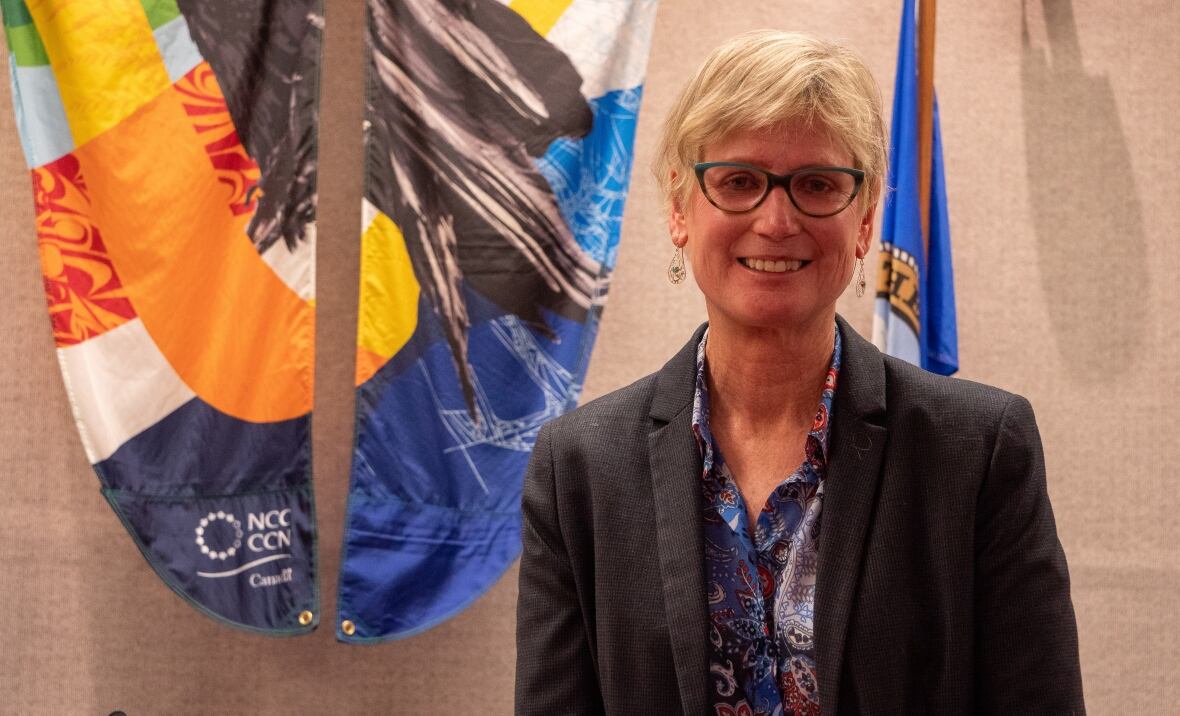City of Whitehorse budget would expand bus service to Sundays and holidays
Operating budget tabled Monday also proposes residential tax hike of 2.65 per cent

Property taxes will go up and public transit will be expanded under the City of Whitehorse's proposed $93.4-million operating budget for this year.
The operating budget is the blueprint that explains how city resources are allocated on a day-to-day basis. It outlines the cost for daily services such as recreation programs, public transit, and road maintenance, among other things.
"Council and administration have worked hard to listen and to consider what Whitehorse's residents have asked for, what they expect, and what they need to ensure we provide exceptional services while keeping taxes and fees affordable," said Mayor Laura Cabott, announcing the budget at Monday's council meeting.

Cabott said Whitehorse's growing population means there are higher demands for more roads and cycling paths.
Among the biggest changes proposed in the budget is additional public transit, which includes buses operating on Sundays and public holidays.
The new service, which also includes the Handy Bus for people with mobility challenges, would operate on the same schedule now in place on Saturdays.
"Sunday service will help reduce the social and economic inequalities for those who cannot afford to utilize alternative transportation, and help businesses ensure their staff can get to work on Sundays," Cabott said.
There will also be more bus stops in areas of higher demand.
Cabott says the hope is that more public transit will reduce the numbers of vehicles on the roads, meaning less congestion and reduced greenhouse gas emissions.
Other changes
The budget also includes a residential tax increase this year of 2.65 per cent, which Cabott says is significantly lower than the rate of inflation and lower than the average increase of the assessed value of property in the city.
"Though tax increases are not usually welcomed, it is a necessary action in order to cover the essential services for our growing community," she said.
For the average home owner, it will mean an extra $67 in taxes, or about $1.28 per week.
The average commercial property owner will pay an additional $124 in annual taxes, meaning about $2.38 per week.
Monthly water and sewer rates will remain the same.
Additionally, the City plans to allocate another $240,000 to winter road maintenance in 2022.
That will add new full-time positions to the city's transportation department, to operate new snow removal equipment approved in the city's capital budget.
Council will hear public input on the proposed operating budget at its meeting on Feb. 14, and will vote on the final budget on Feb. 28.